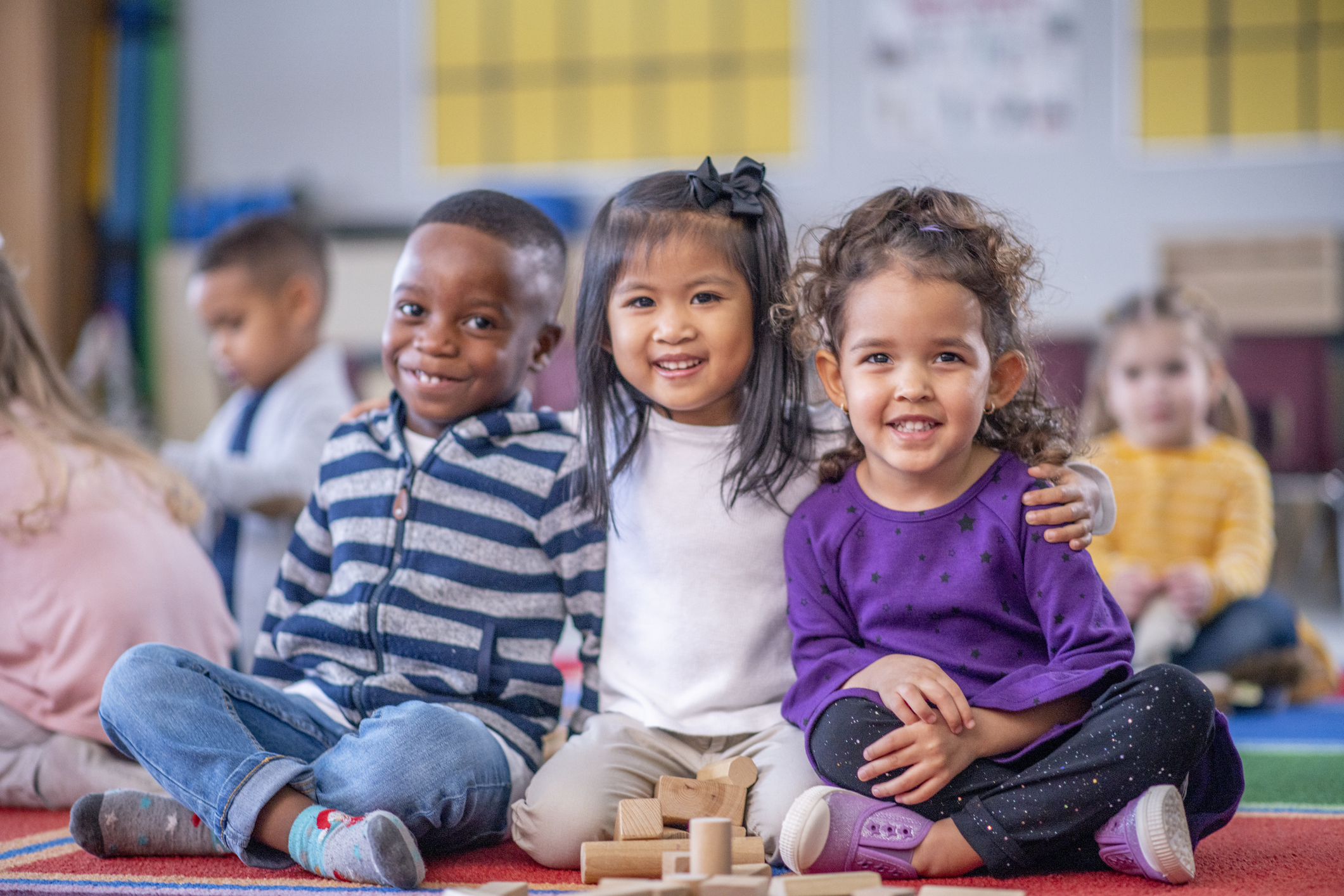The State of Preschool

High-quality early learning experiences are critical to ensuring children enter school ready to succeed and have the foundation to read at grade level by the end of third grade. Recently, The National Institute for Early Education Research (NIEER) released its 2021 State of Preschool Yearbook. This report covers the 2020-2021 school year, the first year fully impacted by the COVID-19 pandemic.
The impact of COVID on the full continuum was massive and early learning is no exception. Health risks, closed classrooms, and staffing challenges had a significant impact on children and family’s access to preschool and high-quality early learning programs. Nationally, preschool enrollment declined by 18%, the first decrease in two decades. While state funding for preschool decreased, many states utilized federal funding and COVID relief funds to support preschool – recognizing that the access would be needed once enrollment rebounded. In addition to funding, the data also shows that quality continues to be a concern as many states relaxed standards during the pandemic.
In Arizona specifically, only 2 percent of 3 and 4-year-olds were enrolled in preschool. State funding for preschool decreased by 26 percent. Arizona ranks 45th in the nation for the number of 4-year-olds who have access to preschool and 24th in the nation for the number of 3-year-olds who have access. In terms of spending, Arizona ranks 34th in the nation for state spending on preschool.
In Florida, 58% of 4-year-olds participated in preschool programs. State funding for preschool decreased by 26 percent. Florida ranks 4th in the nation for the number of 4-year-olds who have access to preschool. Since 2005, Florida has had “Voluntary Prekindergarten (VPK)” which provides access to prekindergarten access for all 4-year-olds in the state.
As part of our five-year impact plan, Helios is committed to ensuring that all students in Arizona and Florida are reading by the third grade. In order to improve statewide literacy rates, we will focus on increasing access to quality early learning opportunities as well and expand research-based K-3 literacy practices to regain the ground that was lost during the pandemic.

